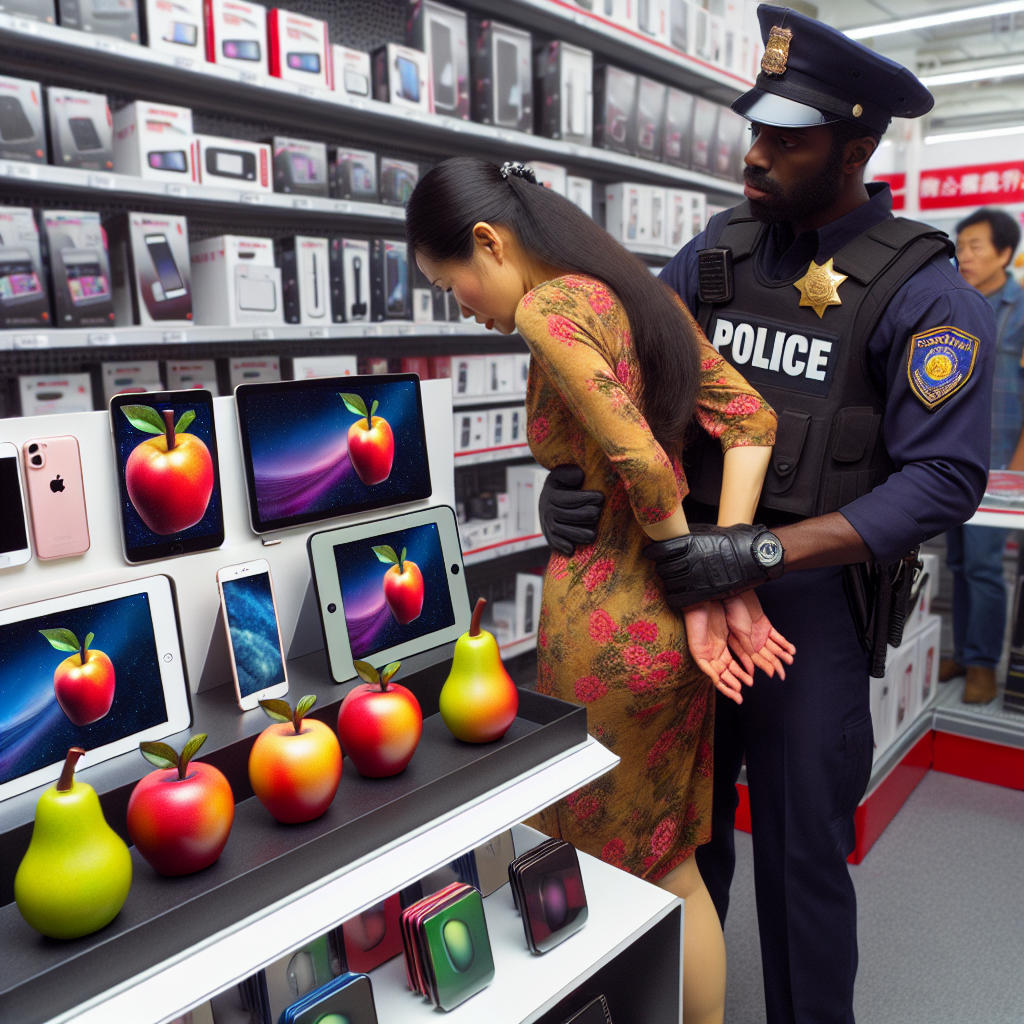New Jersey Electronics Store Owner Detained for Distributing Fake Apple Products
In a notable enforcement action against intellectual property infringements, a New Jersey electronics store proprietor has been detained for reportedly distributing fake Apple products. This incident highlights the continual difficulties tech companies like Apple encounter in addressing the spread of counterfeit items.
The Seizure in Essex County
Law enforcement in Essex County, New Jersey, has prosecuted a 63-year-old electronics store owner for selling more than 100 counterfeit Apple products. The arrest forms part of the county’s Intellectual Property Enforcement Program, financially supported by the U.S. Department of Justice. The suspect, from Woodland Park, was taken into custody on June 5, facing third-degree counterfeiting charges. This crime may result in a prison term of three to five years, although probation is more probable for first-time offenders.
Effects on Apple and Consumer Security
Counterfeit Apple items, including fake iPhones and AirPods Max, present considerable safety hazards. These products often come equipped with unverified chargers and cables, which can cause electrical malfunctions, overheating, and irreversible device harm. Apple recommends consumers acquire accessories exclusively from authorized vendors and those marked as “Made for iPhone/iPad” (MFi) to guarantee safety and dependability.
Federal Assistance and Local Enforcement
The Essex County initiative is strengthened by federal support via the DOJ’s Bureau of Justice Assistance. This program finances local prosecutions related to intellectual property offenses, augmenting the efforts of federal agencies that concentrate on large-scale confiscations at ports and customs checkpoints. The recent arrest followed an investigation that included undercover purchases and documentation of Apple’s trademarked creations.
Continued Investigations and Consumer Recommendations
Investigators are still scrutinizing the supply chains involved, evaluating whether the defendant operated solo or had upstream suppliers. Consumers are advised to remain vigilant against counterfeit items, whether in physical stores or online platforms. Apple offers a searchable directory of authorized resellers, and consumers should report suspected fake purchases to local law enforcement or the National Intellectual Property Rights Coordination Center.
Conclusion
The detainment of the New Jersey store owner underscores the ongoing concern with counterfeit technology products. With the backing of federal and local authorities, efforts to reduce the distribution of these items are ongoing. Consumers must stay alert, ensuring they acquire authentic products from credible sources to avert possible safety risks.
Q&A: Essential Queries About Counterfeit Apple Products
Q1: What dangers are associated with using counterfeit Apple products?
A1: Counterfeit Apple products can result in electrical malfunctions, overheating, and permanent damage to devices. They might also present fire hazards as indicated by the CPSC.
Q2: How can consumers distinguish real Apple products?
A2: Authentic Apple products should be bought from authorized sellers and feature the “Made for iPhone/iPad” (MFi) badge. Consumers should also be cautious of items that are overly cheap or poorly packaged.
Q3: What should consumers do if they believe they have purchased a counterfeit product?
A3: Consumers should notify local law enforcement and can also submit a complaint to the National Intellectual Property Rights Coordination Center.
Q4: In what way does the DOJ assist local enforcement in tackling counterfeit goods?
A4: The DOJ’s Bureau of Justice Assistance allocates funds for local prosecutions of intellectual property crimes, helping in investigations and arrests related to street-level distribution.
Q5: Are there consequences for selling counterfeit items?
A5: Selling counterfeit merchandise can lead to felony charges, with potential prison terms of three to five years, though probation is typically preferred for first-time offenders. Additional charges may be applicable based on the specific case.